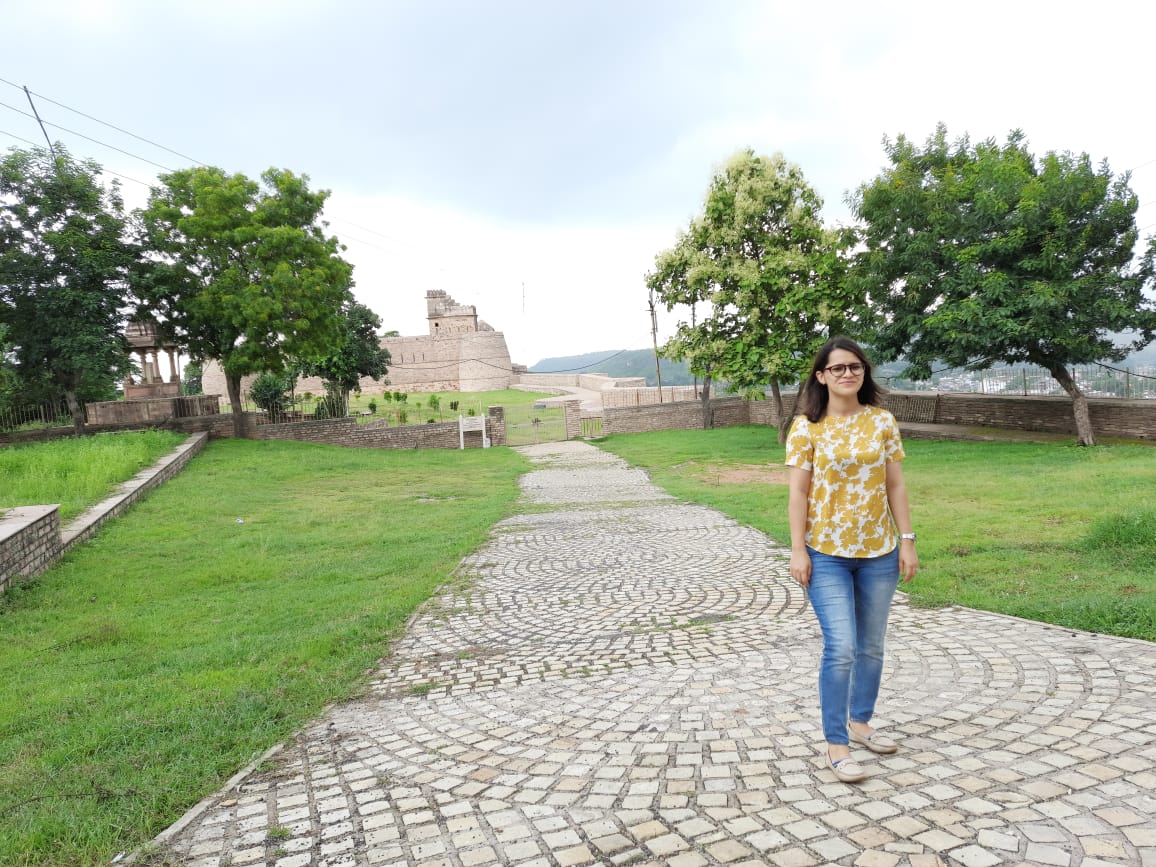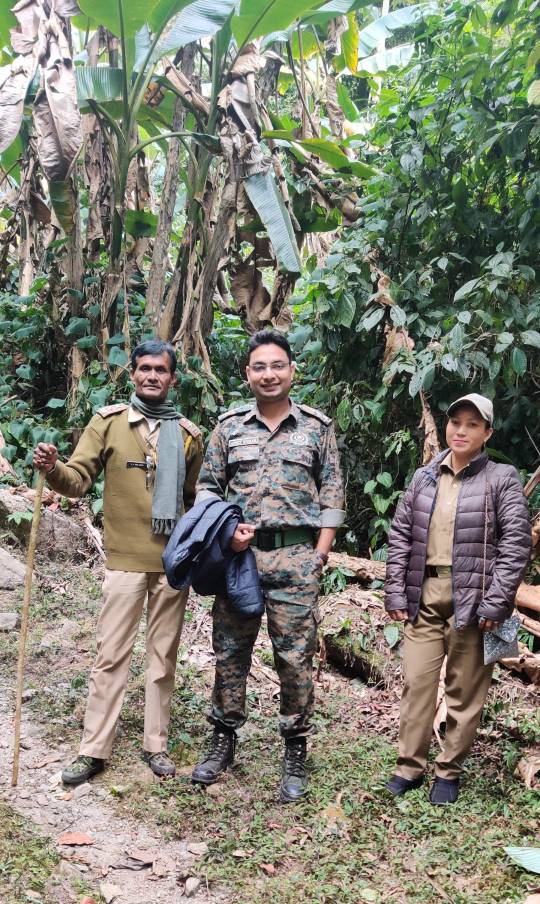The Union Public Service Commission (UPSC) Civil Service Examination (CSE) 2021 Prelims initially to be held on 27 June 2021 has been rescheduled for 10 October 2021 due to the rise in the number of cases in the second wave of COVID-19.
While this gives aspirants some more time to prepare, it also brings with it a lot of anxiety and stress for those preparing for the examination.
The Better India caught up with Kajal Jawla, an Indian Administrative Service (IAS) officer who bagged the All India Rank (AIR) of 28 and Ankit Kumar, an Indian Forest Service (IFS) officer with an AIR of 31 — both from the 2019 batch.
Work on your ‘focus’
“Find a purpose which drives you to serve the country as an officer,” says Ankit. He says that once aspirants find their purpose their concentration levels while preparing will automatically improve. In terms of the pandemic, he says, “COVID-19 has impacted everyone. While one cannot change circumstances, one can change their reaction to the circumstances.” He also advises aspirants to spend between 8 to 12 hours each day on preparation.
Kajal says, “This is a very different situation that no other batch has been through. We have to turn a blind eye to all those things that we have no control over.” Questions like when the examination will be scheduled or how others are using their time to prepare, should not interfere with an aspirant’s schedule. “All you have control over is your preparation and strategy. So, focus only on things within your reach.”
She goes on to say that since there are no external distractions, this is a good time to focus solely on the preparation. “Even if an aspirant were to go to an institute/coaching center for a doubt clearing session, or even catching up with friends, inadvertently an hour is lost in commute. Therefore, view this time at home as a God-sent,” she says.
Find ways to reward yourself

Given that the pandemic and the lockdown have made us stay indoors, it is important to stay connected with friends and find avenues to have fun. Adding to this, Kajal says, “Treat yourself with small rewards once you complete the tasks you set for yourself each week. The treat could vary from a good meal to an online catch-up session with friends. This will also motivate you to stay focussed on the goal.”
“During this period, one must also take periodic breaks. Find activities that can help you unwind and destress from a hectic study schedule. This will also help in breaking the monotony,” says Ankit.
Work around challenges
With public libraries and institutes remaining shut, many aspirants face challenges and difficulties in their preparation journey. Both Ankit and Kajal urge aspirants to find solutions and work around the challenges.
Ankit says, “This is the best time to build your capacity in online learning. You will find several online mentor groups, where aspirants can share study material, get their doubts cleared and also hold meaningful discussions with each other.” It is also advisable to form small study groups while maintaining COVID-19 protocols to keep the momentum going.
“Even if public libraries were to reopen soon, it would not be wise to step into them immediately. Instead, try and recreate that ‘library environment’ at home. Find a spot in your home where you can create a study bubble for yourself. Ensure that you are cut off from the rest of the family members during the study period,” says Kajal.
In creating this space, ensure that your study table or bed does not face the door or any distraction. In doing this, try and create an environment that is most conducive to studying.
Make use of online resources

Ankit says, “There are various coaching institutions that are now offering online resources, especially for current affairs and mock tests. Aspirants must make use of these while preparing.” Besides this, he also urges aspirants to study annual reports of various Ministries, especially of The Ministry of Environment and Forests (MoEF). Yet another online resource that Ankit suggests is the Press Information Bureau (PIB) and news websites. “BeingIFS, an online portal being maintained by an IFS officer, is yet another great resource,” says Ankit.
Kajal on the other hand says that limiting the number of sources aspirants use might be beneficial. “If a particular topic is covered in a resource material you already have, focus on that rather than trying to get more resources on the same topic. Topics like national security and international relations do not have many resource materials and those warrant extensive online reading. Pick two or three credible sources and make your notes to refer from.”
She adds, “The idea while preparing for the examination is not to do a thesis but study from the exam point of view. Be mindful of how you use the resources. Also, try not to keep visiting an online portal to study, unless it is for a current affairs topic.”
Being online in itself can be distracting, so limit your time to the bare minimum.
(Edited by Yoshita Rao)
No comments:
Post a Comment